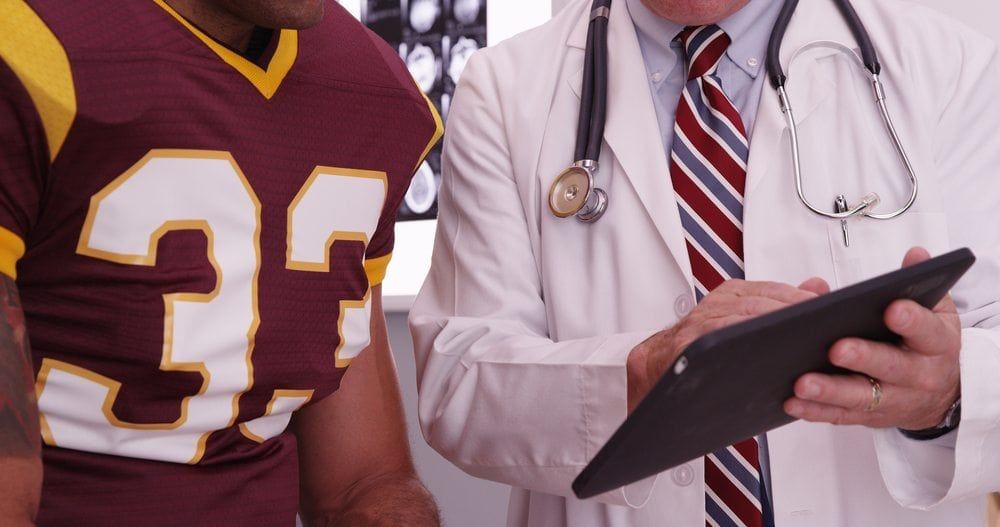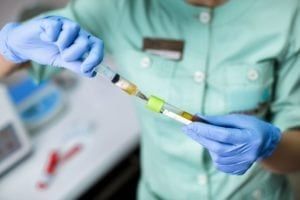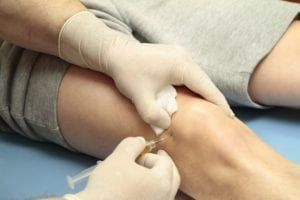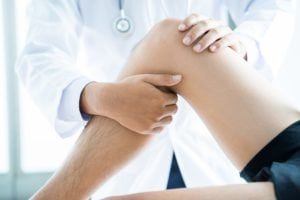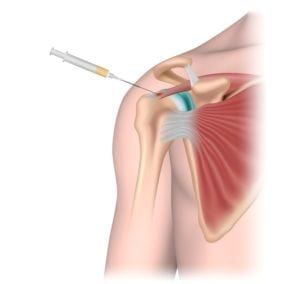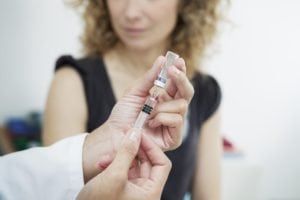Participation in sports may keep athletes healthy and in peak physical condition, but it also puts them at risk of injury. Getting hurt – whether on or off the field – can mean spending days, weeks, or even a whole season in recovery. Tendinitis, bursitis, and acute traumas are examples of common athletic injuries. Though many sidelined athletes are anxious to get back into a training routine, only a physician can determine whether it is safe to do so. At our office, we thoroughly evaluate injured patients and make informed return to play decisions for athletes. Our goal is to help patients make an expedited recovery and pick up exactly where they left off with as little down time as possible.
Did you know…
that sports injuries are responsible for more than 20 percent of all traumatic injuries among U.S. children each year? According to Johns Hopkins Medicine, more than 3.5 million sports-related injuries occur every year among children under age 14. Athletes who continue to play sports into their teen and adult years are at an increased risk of overuse injuries – particularly in the elbows, knees, and shoulders.
Frequently Asked Questions
Do I need to obtain a return to play decision?
If you have suffered any type of injury or undergone medical treatment, you should obtain a return to play decision. Your coach or trainer may require one before you are allowed to participate in any activity that presents a risk to an injured joint or bone. If you do not have a coach or trainer, it is still wise to get a return to play decision before exercising or participating in any strenuous activity.
What should I expect during a return to play visit with the doctor?
Your evaluation will begin with a visual analysis of the condition of your injury. We will check for swelling, bruising, inflammation and pain, as well as evaluate your range of motion. We will also evaluate your balance, strength, and joint function. If you have suffered a concussion, you will also need to undergo a neurological analysis to monitor your cognitive function.
What happens after my visit?
If we find that you are healthy enough to begin participating in sports activities again, we will provide you with an official recommendation for play. This may mean gradually returning to an activity via a progressive training schedule. Otherwise, we may make a recommendation for additional rehabilitation or treatment before returning to play.
